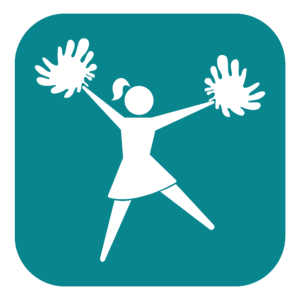The following charges come from behavior and/or actions of the accused that have been observed. There may be other charges that will emerge, but these are the predominant ones. The question that remains is to each ‘charge’ are you guilty or not?
1. Helping. The accused has been seen offering help and assistance to others. This has been an indiscriminate use of help and wasn’t simply to the accused family and friends. The helping took many forms from providing funds to sharing a meal to giving comfort when the other person was obviously under duress.
Are you guilty?
2. Giving. The accused has been providing a tenth of his/her income to sustain the work of the church. Plus there have been occasions when there was financial giving above and beyond the ten per cent. Also the accused has given of time and energy to see the work of the kingdom advanced in many different ways.
Are you guilty?
3. Forgiving. The accused has shown a forgiving behavior toward others who have hurt him/her through not holding those actions against them. Many times the accused has worked with the other person when it was apparent that the person repeated the offending behavior.
Are you guilty?
4. Joyful. The accused typically reacts to others with a joyful attitude and a lightheartedness. This transparent behavior appears to be in effect regardless of the current physical or social condition of the accused. In their meetings this is often seen in how the accused greets others, how they worship, and in other very observable behaviors.
Are you guilty?
5. Love. It appears that the accused attempts to treat others with love, thinking of their best but still not mitigating the truth. The primary basis the accused attempts to act upon is an unconditional love and acceptance.
Are you guilty?





